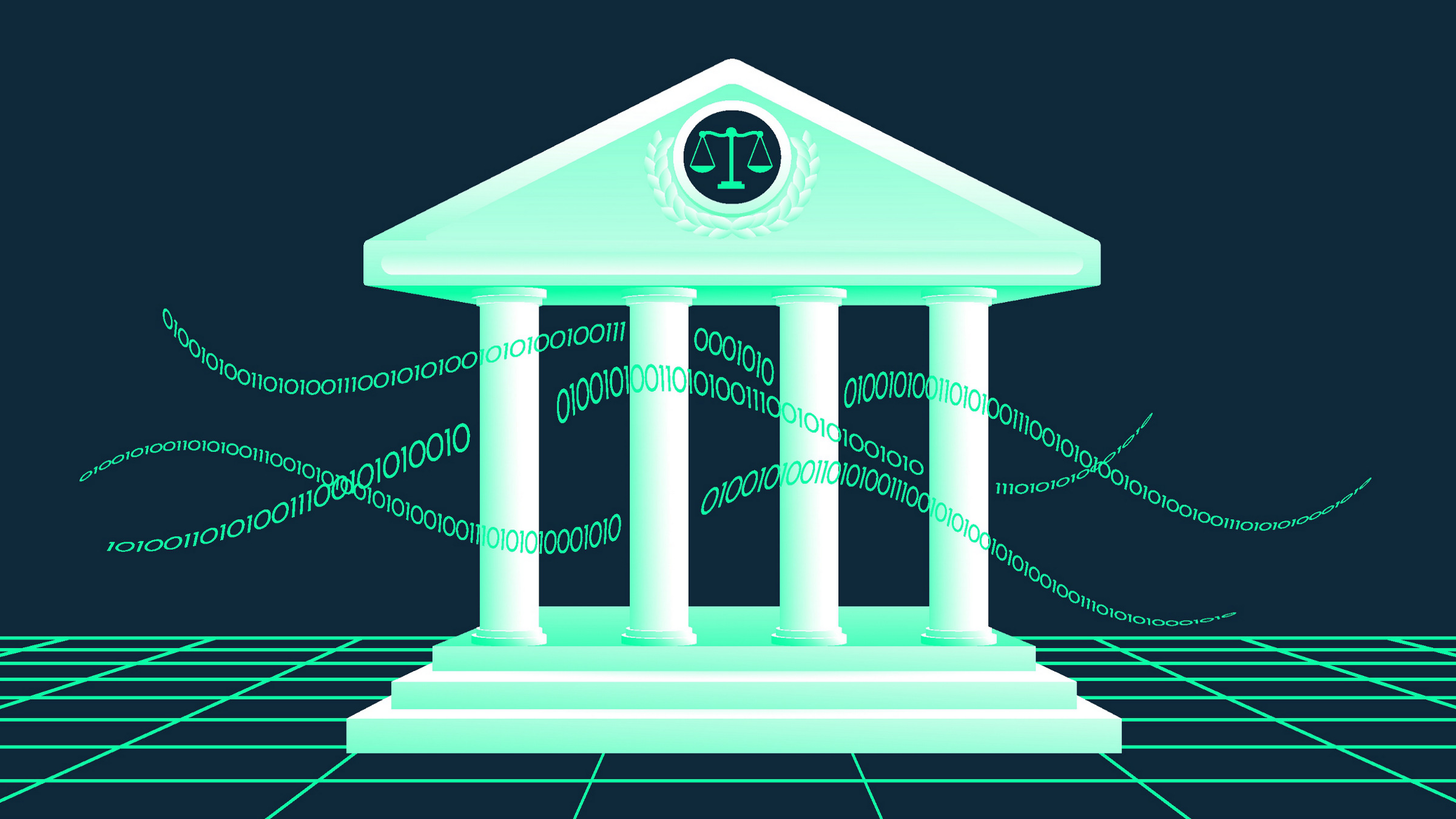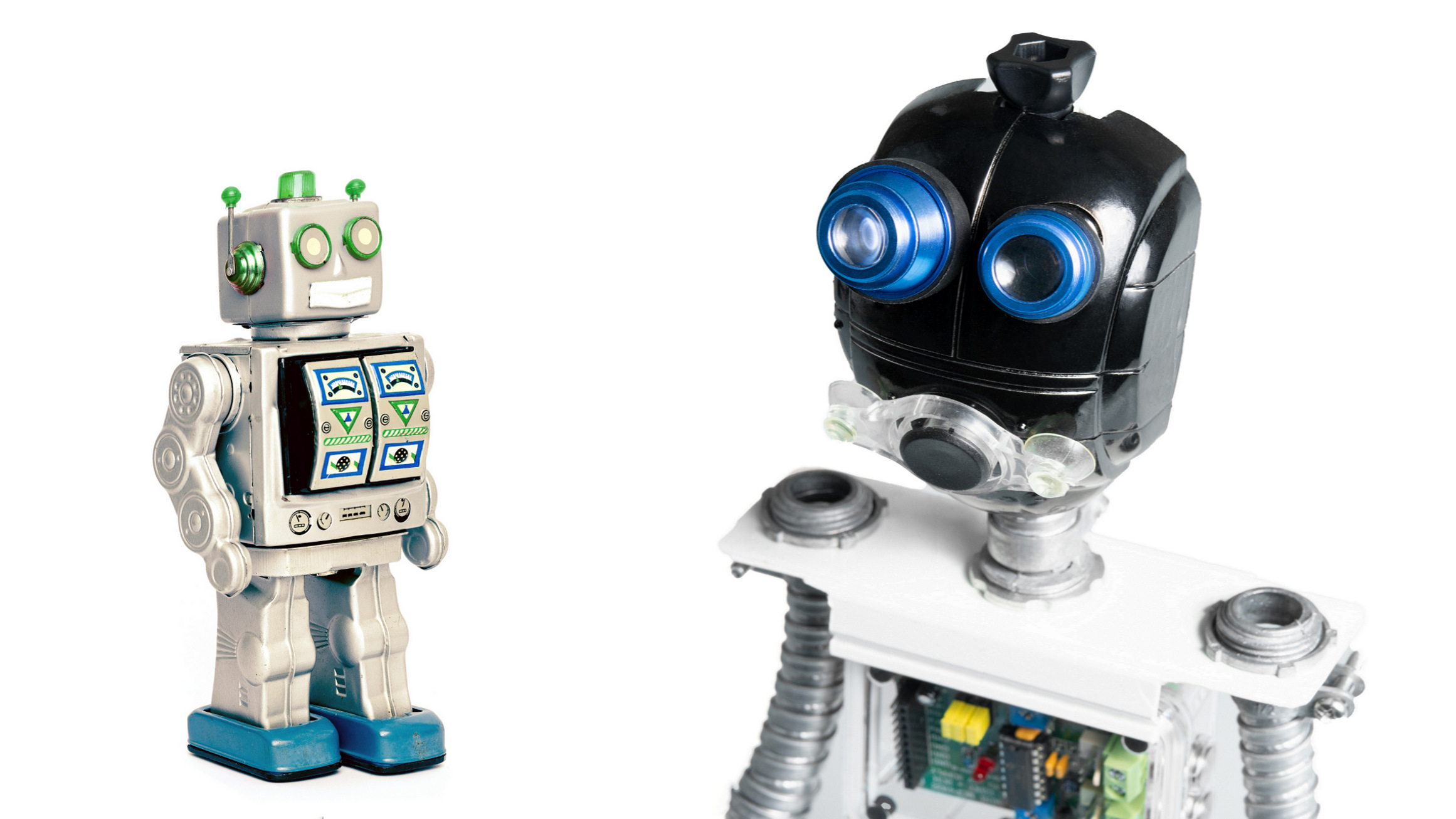The incorporation of generative AI has fundamentally changed the nature of data annotation tasks in crowd work.
Opinion
Artificial Intelligence as Catalyst for Biodiversity Understanding
AI should be a bridge rather than a barrier to the biological sciences' pursuit of understanding and preserving the natural world.
Putting the Smarts into Robot Bodies
Delving into the key tradeoffs of building foundation models for embodied AI systems.
A Glimpse Into the Pandora’s Box
A combination of safety measures and safety labels should be developed and employed on how AI models in applications analyze camera frames in real time.
Abstraction is a by-product of computer science's central purpose, understanding information processes.
Homo Ratiocinator (Reckoning Human)
After 40,000 years of making tools for computing and reasoning, it is time for Homo Ratiocinator to live up to its traditional name, Homo Sapiens.
"LLMs might get it sort of right some of the time, but nowhere near as reliably as the average person."
A fundamental paradox riddles much of today’s mainstream AI alignment research, and the community needs to find ways to mitigate it.
Should governments decide what regulations are necessary to ensure safe development and deployment of AI technologies?
It Is Time to Standardize Principles and Practices for Software Memory Safety
Memory-safety standardization is an essential step to promoting universal strong memory safety in government and industry, and to ensure access to more secure software for all.
Investigating Research Software Engineering: Toward RSE Research
It is necessary to build better domain-specific tooling to address the domain-specific challenges of research software and to establish RSE Research as a research field over RSE.
Building Safer and Interoperable AI Systems
AI agents are now contemplated that can interact with each other and with information sources on the Internet. What could go wrong?
Strong community support and ongoing innovation keep the Go programming language at the forefront of cloud development.
It simply is not appropriate to write code that will be connected to the Internet in an unsafe language such as C.
Artificial Intelligence Then and Now
Branding large language models as artificial intelligence primes customers to believe they have capabilities they lack.
The LiteLoad project is working to quantify the impact of poor connectivity in rural areas near the Great Smoky Mountains National Park, in Tennessee, as a testing ground.
Is It Math or CS? Or Is It Both?
Igor Markov's “Reevaluating Google’s Reinforcement Learning for IC Macro Placement” in the November 2024 Communications looks at two non-peer-reviewed papers and makes baseless allegations of scientific integrity issues, all already found to be without merit.
‘Superpowers’ of Gender Equality Failing to Establish Gender Balance in IT
The low participation of women in IT suggests a gap between gender-equality policies and a lack of engagement to achieve these policy ideals.
I Was Wrong about the Ethics Crisis
Anxiety about the ills brought on by computing has risen dramatically.
Thinking of Algorithms as Institutions
Algorithms are not just lines of code; they are architectures that organize complex systems of interactions involving machines and humans.
The Fine Line between Persuasion and Coercion
How the Supreme Court's decision in Murthy v. Missouri leaves platforms free to set their own content-moderation policies on controversial issues.
To insist that your strategy is right even when nearly all other firms have concluded the opposite smacks of hubris and inflexibility.
Compliance Requirements in Research
An urgent issue to address is the proliferation of requirements from all federal and state agencies and private companies, which share an awareness for security but add different security requirements.
Shape the Future of Computing
ACM encourages its members to take a direct hand in shaping the future of the association. There are more ways than ever to get involved.
Get InvolvedCommunications of the ACM (CACM) is now a fully Open Access publication.
By opening CACM to the world, we hope to increase engagement among the broader computer science community and encourage non-members to discover the rich resources ACM has to offer.
Learn More





















